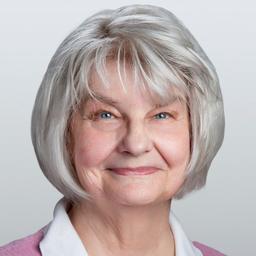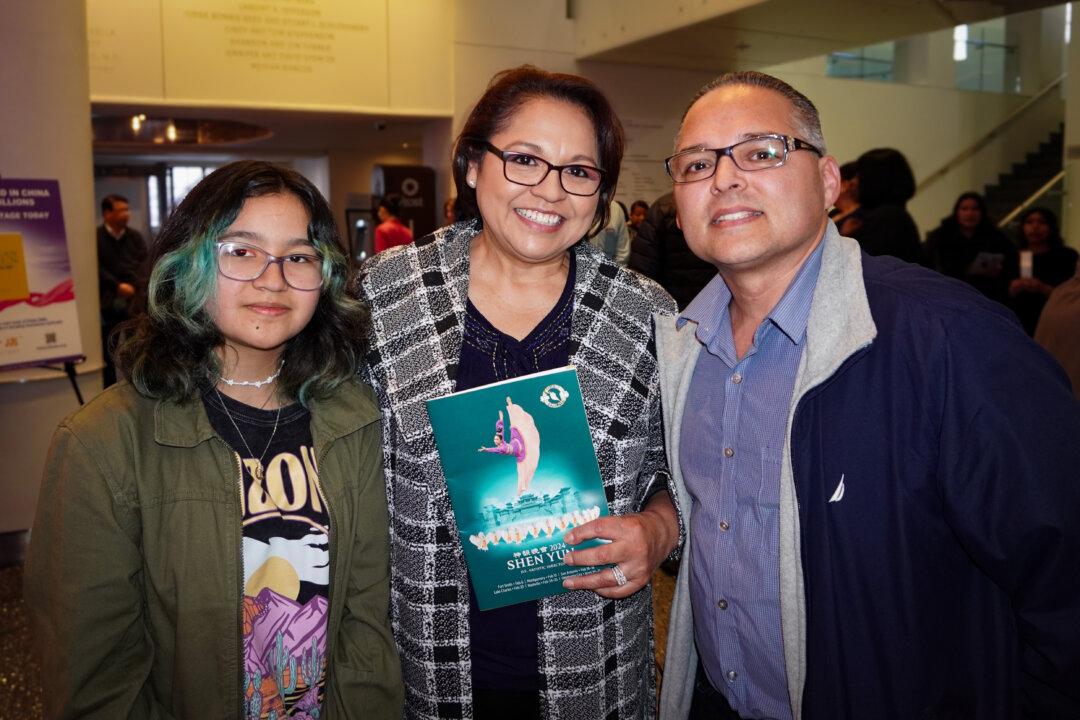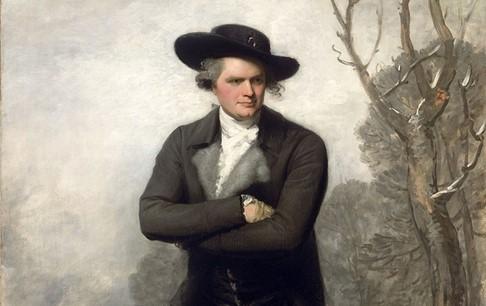Arab Bookseller Celebrates Kahlil Gibran’s 125th
Dahesh Heritage Bookstore in Midtown Manhattan is the largest U.S. bookstore that specializes in Arabic literature.
GIBRAN BOOKS: The Dahesh Heritage bookstore carries most of the works of mystical writer Kahlil Gibran. Nadia Ghattas/Epoch Times
|Updated:





